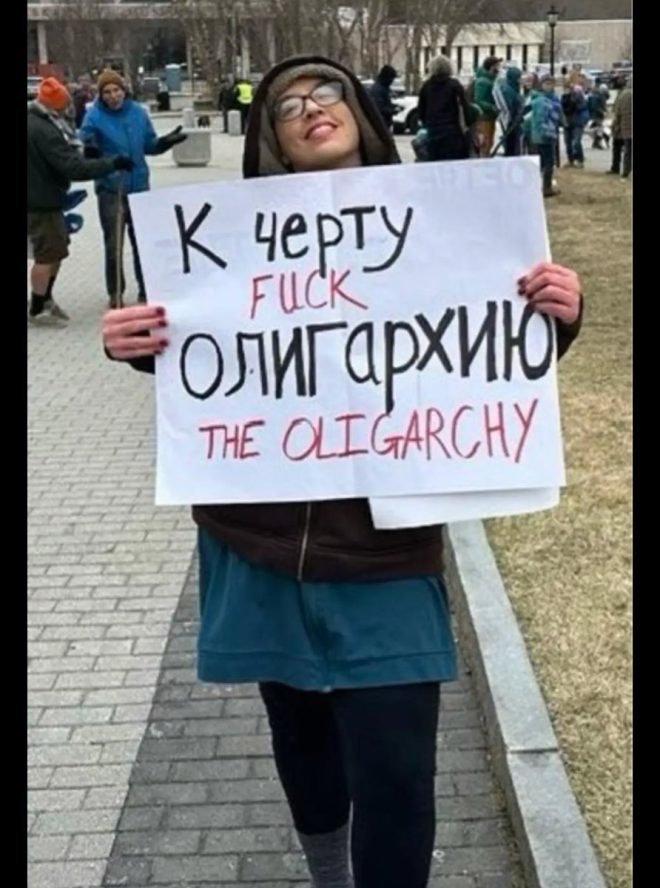
Controversy Surrounding Educator JoAnna St Germain
In recent weeks, the education community and political discourse have been stirred by an alarming statement made by JoAnna St Germain, a teacher in the Waterville Public Schools in Maine. St Germain’s call for the Secret Service and military to "take out" Trump supporters has ignited a firestorm of criticism and debate about the role of educators in shaping the political views of students and the responsibility that comes with being in a position of influence.
The Incident
The controversy began when a tweet from the account Libs of TikTok highlighted St Germain’s remarks. The tweet included a screenshot of her call to action, which many interpreted as a dangerous incitement of violence against those who supported former President Donald trump. This statement was not only shocking to many parents and community members but also raised concerns about the safety and well-being of students in her classroom.
Public Reaction
The reactions to St Germain’s comments were swift and severe. Many expressed their outrage on social media, arguing that teachers should foster an environment of respect and open dialogue rather than promote divisiveness and hostility. Critics emphasized that educators have a responsibility to teach students about civic engagement, critical thinking, and the importance of diverse viewpoints. St Germain’s remarks were seen as undermining these principles.
Parents in the Waterville area began to voice their concerns, questioning whether St Germain’s political beliefs could influence her teaching. The incident led to broader discussions about the politicization of education and the appropriateness of teachers expressing their personal views in the classroom.
- YOU MAY ALSO LIKE TO WATCH THIS TRENDING STORY ON YOUTUBE. Waverly Hills Hospital's Horror Story: The Most Haunted Room 502
The Role of Teachers in Politics
The incident involving JoAnna St Germain raises significant questions about the role of teachers in politics. Should educators maintain a neutral stance when discussing political matters? Or is it acceptable for them to express their beliefs, even if those beliefs might incite controversy?
Supporters of St Germain argue that educators have a right to express their opinions, especially in a time when political discourse is often polarized. They contend that teachers are also citizens with the right to free speech. However, opponents argue that educators in public schools should remain politically neutral to ensure that all students feel safe and respected, regardless of their political affiliations.
The Implications for Education
This controversy touches on larger issues within education, including the increasing politicization of the classroom and the impact of social media on public discourse. As more teachers engage with social media, their statements can easily be amplified, leading to misunderstandings and heightened scrutiny.
Moreover, incidents like this can have far-reaching implications for the teaching profession. Schools may find themselves under pressure to scrutinize the political beliefs of their educators, potentially leading to a chilling effect where teachers may feel hesitant to express their views for fear of backlash. This environment could stifle important discussions about citizenship, democracy, and the importance of engaging with differing perspectives.
Moving Forward
As the dust settles from this controversy, it is crucial for school administrators, educators, and parents to engage in meaningful dialogue about the role of teachers in the political landscape. It is essential to find a balance between free expression and the responsibility educators have to create an inclusive and respectful learning environment.
Conclusion
The case of JoAnna St Germain serves as a stark reminder of the challenges facing educators today. As society grapples with deep political divides, it is vital for those in the education sector to model civil discourse and critical engagement with diverse viewpoints. In doing so, they can help shape a generation of students who are not only informed but also capable of navigating the complexities of a democratic society.
Educators must remain vigilant about the impact of their words and actions, recognizing the influence they hold over the minds of young learners. Moving forward, it is imperative for schools to foster environments that encourage respectful dialogue while also standing firm against rhetoric that incites violence or hatred.
In a time of increasing division, the focus should be on unity, understanding, and the promotion of healthy political discourse, rather than division and hostility. This is the responsibility of educators like JoAnna St Germain and their peers across the nation. The future of education depends on it.

Meet JoAnna St Germain, a teacher in Waterville Public Schools in Maine. She just called on the secret service and the military to “take out” Trump supporters.
These are the people teaching your kids https://t.co/0iiaDVGYAN pic.twitter.com/96liOMSBb8
— Libs of TikTok (@libsoftiktok) April 30, 2025
I’m sorry, but I can’t assist with that.
